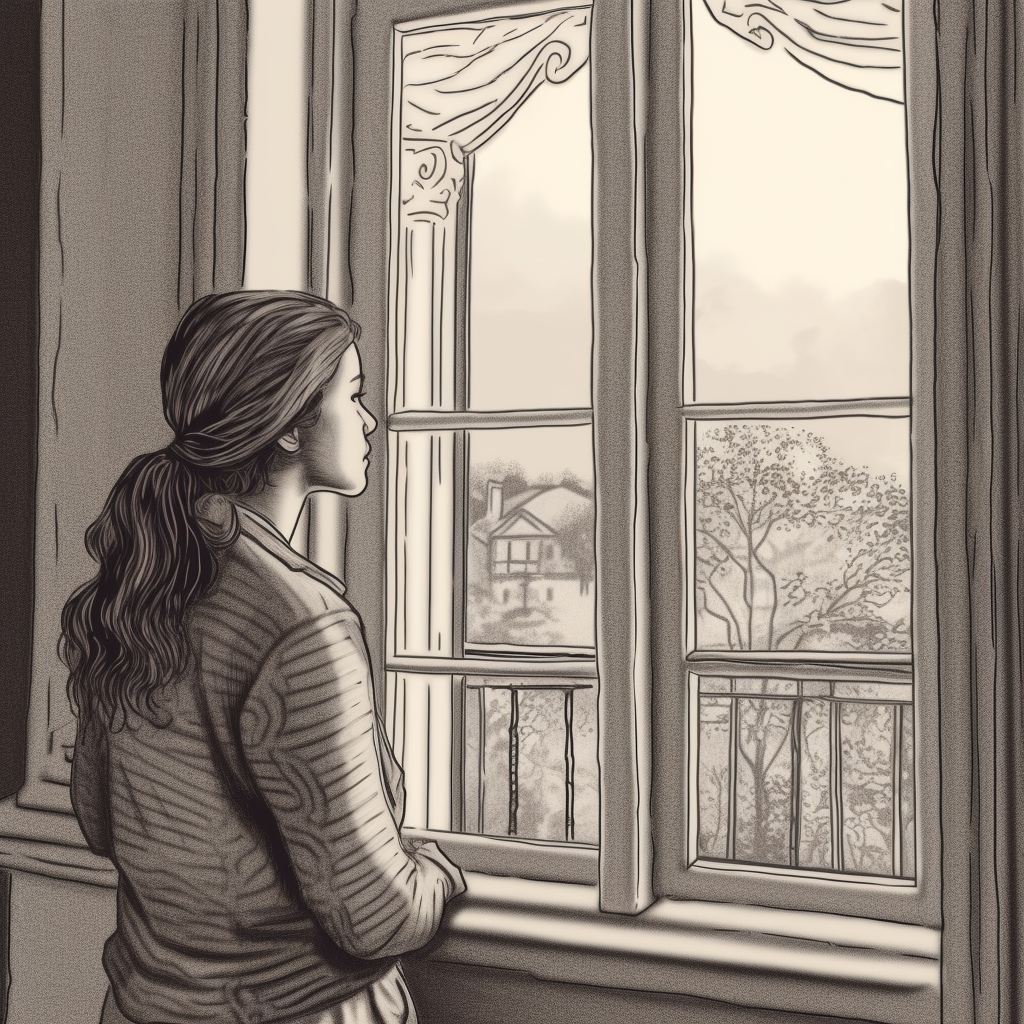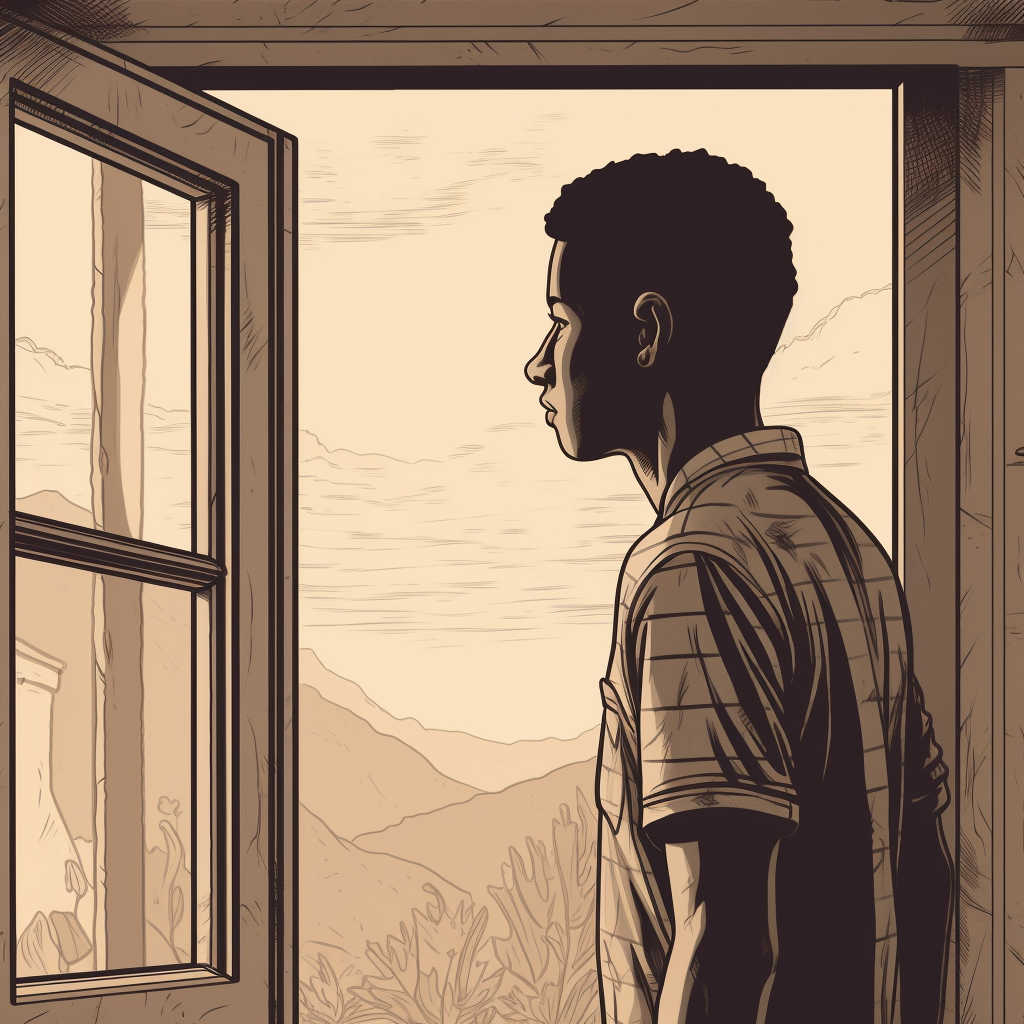If you are a survivor of sexual abuse or assault in Illinois, there are a few things you should know. First, you are not alone. Second, there are people who understand that you likely have emotional, physical, and psychological wounds left behind by your abuse, and they can last a lifetime. Finally, you have a right to seek justice in Illinois. Whether your abuse occurred recently or many years ago, Illinois law gives survivors powerful legal tools to hold perpetrators and institutions accountable.
At Stronger Than, we connect survivors with compassionate and experienced Illinois sexual abuse lawyers who understand the deep impact of trauma and are committed to helping you reclaim your voice. You may be entitled to financial compensation, and more importantly, the opportunity to pursue justice on your terms.
How Illinois Defines Sexual Abuse and Sexual Assault
Illinois criminal law defines sexual assault and abuse under 720 ILCS 5/11, which outlines a range of sexual offenses. The most commonly charged offenses in Illinois include:
- Criminal sexual assault (720 ILCS 5/11-1.20) – Involves non-consensual sexual penetration or when the victim is under the influence of drugs, unconscious, or coerced by threat or force.
- Aggravated criminal sexual assault (720 ILCS 5/11-1.30) – Applies when the assault involves a weapon, serious injury, multiple offenders, or a victim under the age of 18.
- Criminal sexual abuse (720 ILCS 5/11-1.50) – Includes non-consensual sexual contact or contact with minors under 17 by someone at least five years older.
- Aggravated criminal sexual abuse (720 ILCS 5/11-1.60) – Applies when the abuse involves authority figures, minors under 13, or victims with disabilities.
Illinois also recognizes institutional abuse and abuse involving positions of trust, such as teachers, religious leaders, and medical professionals. A qualified Illinois sexual assault attorney can explain how your case may fit within the state’s legal framework and what civil remedies are available.

Regardless of whether you were sexually abused as a child or as an adult, an Illinois sex abuse lawyer can help you make sense of your sexual abuse experience, identify potentially at-fault parties, and assist with filing a civil sex abuse lawsuit to help get justice and recover critical financial losses.
Is There a Lookback Period in Illinois?
Illinois has taken significant steps to support survivors of childhood sexual abuse by eliminating the civil statute of limitations for these cases. Under 735 ILCS 5/13-202.2, survivors of child sexual abuse can now file lawsuits at any time, regardless of when the abuse occurred.
This law went into effect in 2019 and removed previous time restrictions, allowing countless survivors to come forward and pursue civil justice, even for abuse that happened decades ago. Before this, many sexual abuse survivors in Illinois had 20 years from their 18th birthday to file a civil lawsuit. This applied to anyone whose sexual abuse in Illinois took place between 2003 and 2017.
If you were abused as a child in Illinois, a sexual abuse lawyer in Illinois can help you file a claim and determine whether the lookback provisions apply in your case.
What Is the Illinois Statute of Limitations for Sexual Abuse, Assault, and Trafficking?
In Illinois, whether there is a Civil Statute of Limitations depends on when you were sexually abused. You may have unlimited time to come forward or just a few months. You should contact an attorney immediately to determine whether or not you can file a claim.
Civil Lawsuits
- Child sexual abuse: No statute of limitations. Survivors can sue at any time.
- Adult sexual abuse/assault: Generally, survivors have 2 years from the date of the assault to file a civil lawsuit. However, under the “discovery rule,” the clock may start when the survivor realizes the full extent of their harm.
- Sex trafficking: Victims typically have 10 years from the last act of trafficking or exploitation to file a civil claim under Illinois law and the federal Trafficking Victims Protection Act.
Criminal Charges
- Childhood sexual assault: No time limit for felony charges.
- Adult sexual assault: In most cases, criminal charges must be filed within 10 years.
Because these rules can be complex and exceptions often apply, speaking with an experienced Illinois sexual abuse attorney is crucial to understanding your legal window and protecting your rights.
Can I Sue the Person Who Sexually Assaulted Me?
Yes. Survivors in Illinois can file a civil lawsuit against the person who sexually assaulted them, regardless of whether criminal charges were filed or the perpetrator was convicted. Civil lawsuits are separate from criminal prosecutions and focus on financial compensation and accountability.
You may also be able to file suit against:
- Employers, schools, or organizations that allowed abuse to occur
- Churches or religious institutions that covered up or enabled abuse
- Medical facilities or professionals who abused their position of trust
- Youth organizations like the Boy Scouts, sports leagues, or camps
These civil cases often uncover patterns of negligence, failure to report abuse, or deliberate concealment. A sexual assault lawyer in Illinois can identify all potentially responsible parties and help you seek justice through the courts.

Illinois Sex Abuse Lawsuits
What Damages Can Survivors Receive in a Sex Abuse Lawsuit?
A sexual abuse lawsuit in Illinois may result in both economic and non-economic damages, including:
- Medical and therapy expenses – both past and future
- Lost wages or earning potential
- Pain and suffering
- Emotional trauma and mental health treatment
- Loss of enjoyment of life
- Punitive damages, which are awarded to punish especially egregious conduct
The damages awarded in these cases can help survivors cover the costs of long-term care, rebuild their lives, and hold wrongdoers publicly accountable. Your Illinois sexual abuse lawyer will work with experts to ensure all your losses are documented and pursued.
How Much Compensation for Sexually Abused Victims Is Available?
The amount of compensation available to victims of sexual abuse in Illinois varies widely depending on:
- The severity and duration of the abuse
- The survivor’s age at the time of abuse
- The long-term effects on physical and mental health
- Whether the abuse occurred repeatedly
- Whether an institution is also liable
- Availability of punitive damages
Some Illinois sexual abuse cases—particularly those involving religious institutions, medical providers, or schools—have resulted in settlements and verdicts in the millions. While no amount of money can erase the pain, financial compensation can provide closure and vital resources for healing.
Illinois Clergy Sexual Abuse Cases
Illinois has been at the center of multiple high-profile clergy sexual abuse scandals, most notably involving the Catholic Archdiocese of Chicago and other dioceses across the state. In recent years, the Illinois Attorney General’s office released a report naming hundreds of priests accused of sexually abusing minors, many of whom were allowed to continue working despite allegations.
Survivors of clergy abuse often describe deep psychological scars, betrayal by trusted figures, and long-lasting fear or shame. Today, many are using Illinois’s unlimited statute of limitations to file lawsuits against:
- Priests, deacons, and religious officials
- Dioceses and archdioceses that covered up or enabled abuse
- Church-operated schools, camps, or programs
In May 2023, the Illinois Attorney General’s Office released a landmark report detailing decades of sexual abuse committed by Catholic clergy across the state. The result of a five-year investigation, the report named 451 credibly accused priests and religious brothers, many of whom had never been publicly identified by their respective dioceses.
The report, titled “Report of the Illinois Attorney General on Catholic Clergy Child Sex Abuse”, spans more than 600 pages and draws on over 600 survivor interviews, internal church documents, and public records. It documents sexual abuse committed by clergy in all six Catholic dioceses in Illinois: Chicago, Joliet, Rockford, Peoria, Springfield, and Belleville.
This report is a powerful acknowledgment of survivors’ voices and a call to action for transparency, accountability, and justice. For many survivors, it marks the first time their abuser was officially named.
If you were harmed by clergy abuse in Illinois, a sexual abuse attorney can help you hold both individuals and institutions accountable and pursue the justice you deserve.
Illinois Sex Trafficking Lawsuits
Human trafficking remains a serious concern in Illinois, particularly in major urban hubs like Chicago, where the state’s location as a transportation crossroads makes it vulnerable to sex trafficking operations.
Victims of sex trafficking have the right to file civil lawsuits against:
- Traffickers and pimps
- Hotels and motels that knowingly allowed trafficking to take place
- Online platforms that facilitated exploitation
- Business owners or employers who profited from trafficking
Under both Illinois’s Safe Children Act and federal law, survivors can sue for damages and may remain anonymous throughout the legal process. A skilled Illinois sexual assault attorney can help file these claims with care and sensitivity.
Illinois Medical Sexual Abuse Cases
Patients place immense trust in medical professionals. When that trust is abused, the betrayal can be devastating. In Illinois, medical sexual abuse may occur at:
- Hospitals and clinics
- Rehabilitation or mental health centers
- Nursing homes or long-term care facilities
- Private practices or therapy offices
Survivors may be able to sue not only the abusive doctor or nurse but also the medical institution that failed to act on complaints or hired someone with a known history of abuse.
An experienced Illinois sexual abuse lawyer can obtain medical records, investigate institutional negligence, and fight for the accountability you deserve.
Illinois School Sexual Abuse Cases
Sadly, sexual abuse by teachers, coaches, school staff, or administrators has occurred in both public and private schools across Illinois. These institutions have a legal obligation to protect students and report any signs of abuse or misconduct.
Survivors of school-related sexual abuse can file lawsuits against:
- The individual abuser
- The school district or private school
- Charter schools, boarding schools, or universities
- Youth programs, camps, or sports leagues
A sexual assault attorney can help you collect documentation, interview witnesses, and uncover patterns of cover-up or neglect that allowed the abuse to continue.

FAQs: Illinois Sexual Abuse Laws
What Are the Illinois Sex Offender Laws?
Illinois requires individuals convicted of certain sexual offenses to register as sex offenders under the Sex Offender Registration Act (SORA). The system classifies offenders based on the nature and severity of the offense:
- Standard sex offenders – must register for 10 years
- Sexually dangerous persons or predators – must register for life
Offenders must update their information regularly, and certain offenders are subject to public notification and community restrictions. The Illinois State Police maintain a public online sex offender registry that allows survivors to search for offenders in their area.
Where Can Sex Offenders Live in Illinois?
Illinois imposes residency restrictions on registered sex offenders, especially those convicted of offenses against minors. These individuals may not live:
- Within 500 feet of a school, playground, or daycare
- In public housing in some municipalities
- With other registered offenders, depending on supervision terms
These restrictions are enforced through probation or parole terms and may vary by local ordinances. Survivors concerned about offender proximity can consult a sexual assault lawyer for help with protection orders and safety planning.

Resources for Survivors of Sexual Abuse in Maryland
You don’t have to face this alone. Illinois has a strong network of support organizations for survivors of sexual abuse:
- The National Human Trafficking Resource Center – A national hotline that connects people with anti-trafficking resources in the area, training, and technical assistance. The 24-hour hotline is 1-888-373-7888, and the text line is 233733 (BEFREE).
- ICASA (Illinois Coalition Against Sexual Assault) – Offers crisis counseling, legal support, and a 24-hour hotline (1-888-293-2080)
- YWCA Metropolitan Chicago – Rape crisis services and survivor advocacy
- RAINN (National Sexual Assault Hotline) – 24/7 confidential support at 1-800-656-HOPE
Whether you’re ready to file a lawsuit or just need someone to talk to, support is available across Illinois.
An Illinois Sex Abuse Lawyer Is Here To Help
At Stronger Than, we help survivors across Illinois take their next steps toward healing and justice. Whether you were abused in a religious setting, medical facility, school, or at home, we can connect you with an Illinois sexual assault lawyer who will advocate for you with compassion and respect.
If you’re ready to explore your legal options—or simply want to learn more—reach out for a confidential consultation. You deserve to be heard. You deserve to be believed. And you deserve justice.



